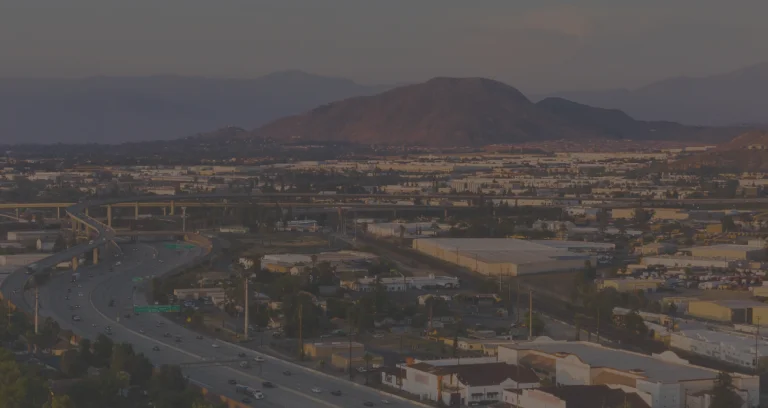Juvenile Crimes: Juvenile Detention Centers are Not the Only Destination
When a child is arrested, it is normal to feel overwhelmed. Juvenile crimes prompt concern for children’s well-being, and many worry that the consequences are often too severe. We know that Juvenile Detention Centers are designed for rehabilitation, but they are also associated with a lot of problems including physical abuse, confinement, lack of adequate medical care, lack of mental health services, and the perpetuation of gang culture. Beyond that, what many troubled children need most desperately is a stable, loving environment away from negative influences and with adequate psychiatric care. Putting them behind wire in whitewashed rooms feels like perpetuation of the problem.
This is why, in juvenile cases, it is important to understand all the possible outcomes. While Juvenile Detention Centers are one option, other possibilities do exist.
- Informal Probation: For less severe crimes, non-violent first offenses, the judge might rule in favor of an informal probation. With informal probation, your child will undergo a period of education and counseling with the possible addition of drug testing (when appropriate) and restitution. With informal probation, your child remains at home under your care and supervision, with the added support of the state.
- Deferred Entry of Judgment: Minors who have committed first time non-violent felonies are eligible for deferred entry of judgment (DEJ). In this case, your child will enter a plea of guilty, but rather than being placed in a state facility, she will remain at home and complete a DEJ program. This program typically lasts 12-36 months.
- Formal Probation at Home (or Camp): In California, a minor may be sentenced to a term of formal probation (wardship). If this is the case, the court may place the minor in the custody of his primary guardians, or it may choose another relative or a group home for the minor. There the child will complete a term of rehabilitation that may include restitution, curfew, community service, and mandatory school attendance.
Each of the above options requires specific circumstances as well as a thorough understanding juvenile court and criminal law. If your child has been arrested and faces criminal charges in the state of California, contact an attorney immediately. Juvenile Detention is not always the only option, and professionals can help you to understand the intricacies of your child’s case as well as represent his best interests in court.
Our law office is located near the Southwest Juvenile Justice Center in Murrieta, California. We represent minors who have been arrested in Temecula, Murrieta, Menifee, Wildomar, Lake Elsinore, Hemet, Perris, Banning, Corona, Winchester and Riverside.


